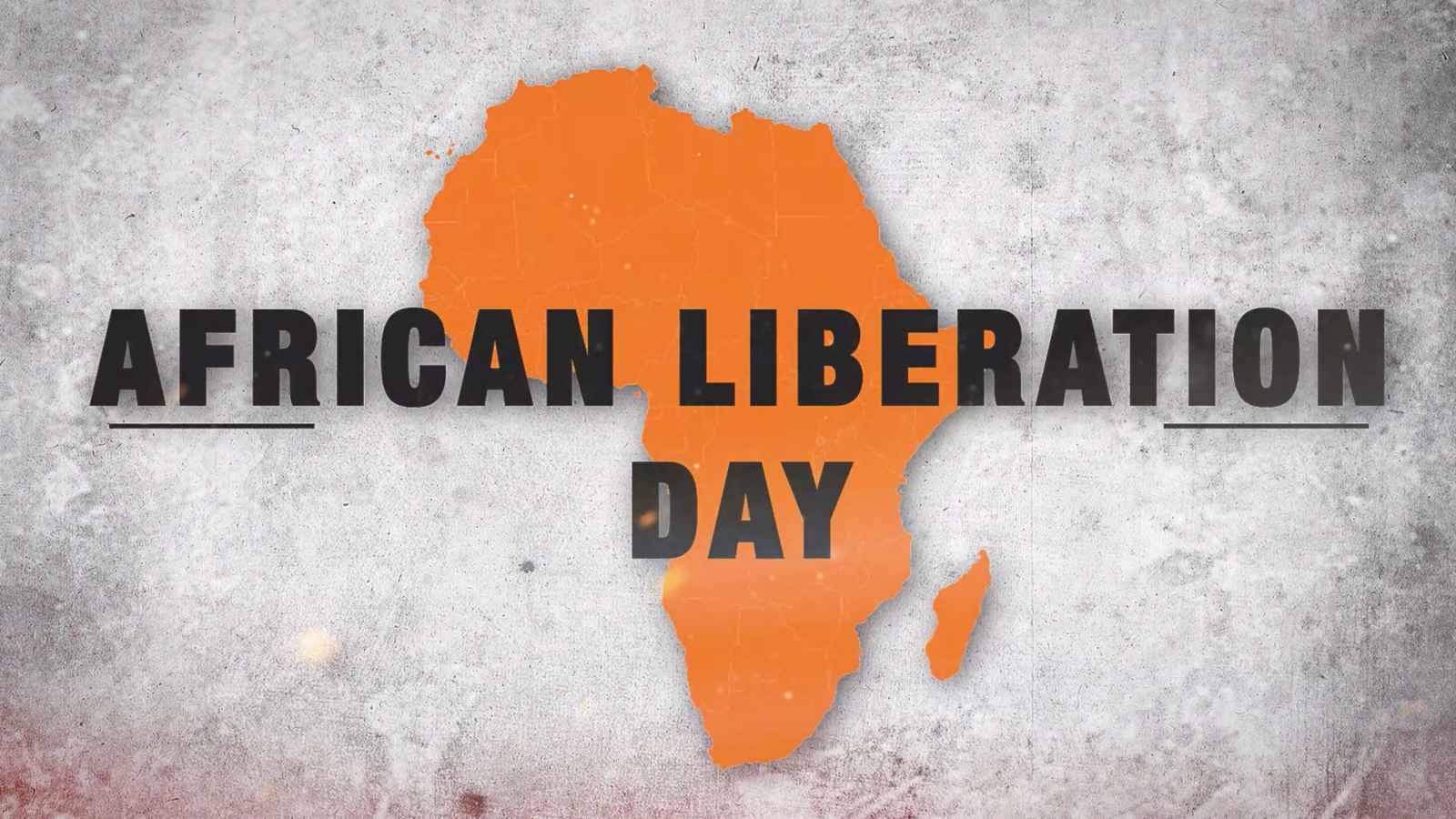African Liberation Day, also known as Africa Day, is a celebration of African sovereignty, independence, and African identity held annually on May 25. African states established the Organisation of African Unity and sought cooperation and coexistence with neighbouring nations that had recently expelled their colonisers as well. This day is revered by nations across the continent because it represents their past, present, and future as nations. African Liberation Day pertains to Africans of all religions and socioeconomic backgrounds, as they are one nation.
The background of African Liberation Day
In 1958, African Liberation Day was first observed in Accra, Ghana’s capital. In its first year, only eight sovereign African nations were eligible to participate. This resulted in the formation of the Congress of Independent African States, a coalition of neighbouring and allying independent African states. Western powers quickly “decolonized” Africa, with some departing the continent forcibly and others leaving voluntarily.
The purpose of the celebration and the day itself was to draw attention to the harm colonialism had caused to Africa and African unity in general. It was an effort to restore the continent’s identity and unity.
Remember that there were no borders or maps of African territories prior to the arrival of colonisers, who arbitrarily divided the land. Therefore, African Liberation Day demolishes all barriers between Africans and proclaims, “Your home is now free and it is yours.”
Since 1958, more African nations have joined the celebrations each year. They currently number 54 in total. African Liberation Day was and remains a significant political movement for Africans who, despite decades of independence, continue to bear the heavy burden of colonialism.
Over time, the Congress of Independent African States transformed into the Organisation of African Unity, and then, in 2002, it underwent a further transformation into the African Union. Peaceful political intervention through collaboration has always been at the core of Africa’s foreign policy, despite the continent’s history of numerous significant conflicts.
World Schizophrenia Awareness Day 2023: Date, History, Facts about Schizophrenia
Empire Day 2023: Date, History, Facts about Empire Day
The Battle of Pichincha Day 2023: Date, History, Facts Concerning the Battle and Quito
5 INTERESTING FACTS ABOUT AFRICA
Africa is the world’s second-largest continent, despite the fact that most maps have difficulty depicting its size.
Contrary to what you may read in economic reports, Africa is home to some of the world’s largest natural resource deposits.
Colonial powers squandered no time in acquiring what they desired from Africa, exporting vast quantities of raw materials such as rubber, timber, diamonds, gold, and ivory.
To destabilise the German position in Africa, South Africa effectively colonised Namibia during World War II before relinquishing control of the country in the early 1990s.
Liberia, the second black republic in history, was founded in 1822 with the aid of the United States government and designated for former slaves who desired to return to Africa.
AFRICAN LIBERATION DAY DATES
| Year | Date | Day |
|---|---|---|
| 2023 | May 25 | Thursday |
| 2024 | May 25 | Saturday |
| 2025 | May 25 | Sunday |
| 2026 | May 25 | Monday |
| 2027 | May 25 | Tuesday |



